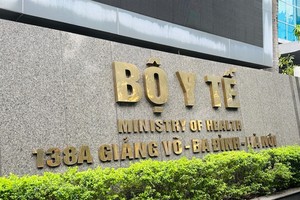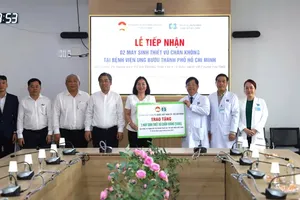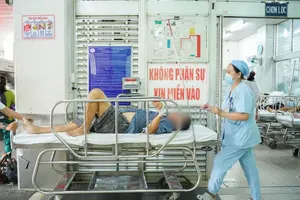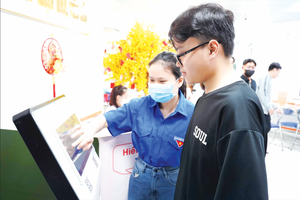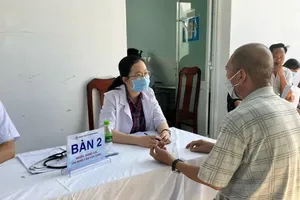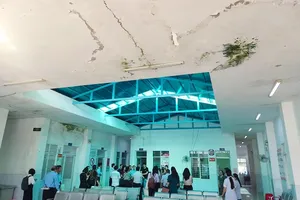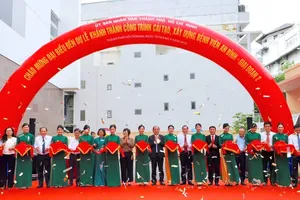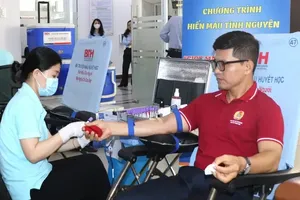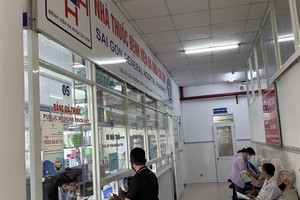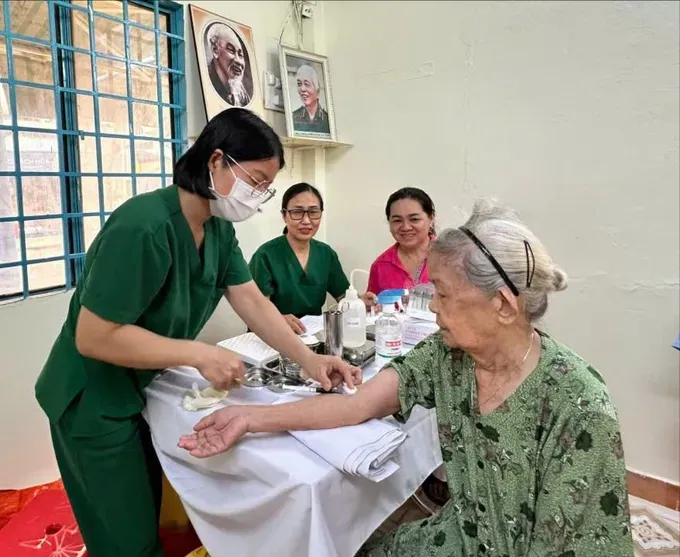
Statistics from the Ministry of Health reveal that while the average life expectancy in Vietnam, particularly in HCMC, is relatively high, the number of years spent in good health remains low. As of 2021, the average life expectancy in Vietnam was 73.64 years (76.24 in HCMC), yet the healthy life expectancy was just 65.4 years, with figures of 62.8 for men and 68 for women.
The nation’s disease patterns, particularly among older adults, are shifting dramatically from predominantly infectious diseases to non-communicable diseases (NCDs). It’s common for seniors in Vietnam to manage multiple chronic conditions simultaneously; on average, each older adult has more than two NCDs that require lifelong treatment.
In response to this reality, HCMC has rolled out numerous specialized healthcare programs for this age group. These initiatives focus on enhancing the quality of medical care and, crucially, on the early screening of chronic illnesses. The city is also bolstering public communication to raise awareness about proactive health management in an aging society.
Many city-level hospitals, including Gia Dinh People’s, Nguyen Trai, Nguyen Tri Phuong, and An Binh, have developed specialized geriatrics departments to meet the escalating demand for senior care. The outpatient chronic disease management model, in particular, has been a major success, helping tens of thousands of older patients effectively manage their health and significantly reducing emergency hospital admissions.
At the grassroots level, primary healthcare stations are managing electronic health records and proactively inviting seniors for regular check-ups. To date, most local health stations have established “Older Adult Health Clubs”, where residents can get regular blood pressure and glucose checks and receive tailored advice on nutrition and exercise.
Recent initiatives vividly illustrate this policy in action. The An Nhon Tay Commune People’s Committee, for example, coordinated with local health stations to screen 132 older adults for NCDs. Similarly, Xuan Hoa Ward arranged screenings for 31 seniors in one of its residential areas, even providing in-home visits for those with mobility issues.
In Tan Nhut Commune, the local government has partnered with its health station to offer health checks twice a week for residents aged 60 and over. A commune representative reported that 1,363 of the area’s 4,357 seniors (31.2 percent) have already received examinations and consultations. This program will run until November 30, 2025, with the ambitious goal of providing comprehensive care to over 80 percent of its older residents.
During these screenings, all participants receive a general health examination, an abdominal ultrasound, and blood tests for key indicators like glucose, creatinine, triglycerides, and LDL-C. This allows for the early detection of common conditions such as diabetes, hypertension, and cardiovascular or kidney disease. Based on the results, medical staff provide treatment advice and personalized guidance on diet and physical activity to enhance both physical and mental well-being.
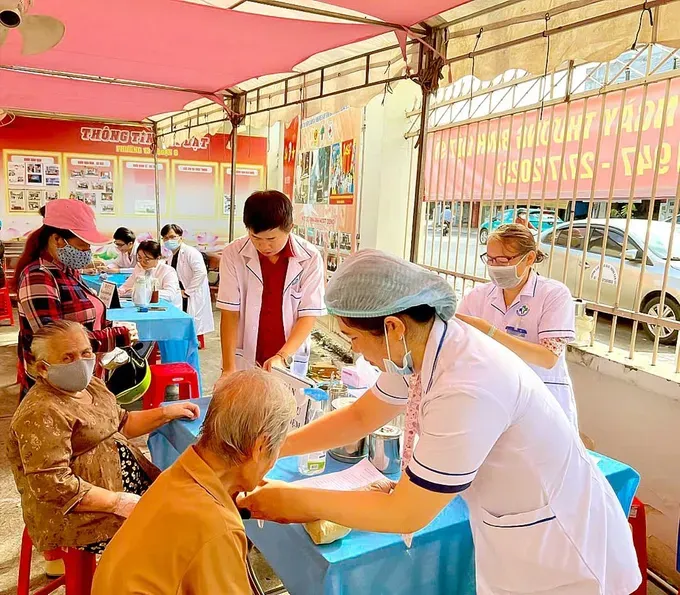
According to the HCMC Department of Health, the city has one of the highest proportions of older adults in the country, with nearly 2 million residents aged 60 and over, constituting about 10.5 percent of the population. The health sector is concentrating on several key activities to improve the quality of senior care.
These include strengthening the capacity of the primary healthcare system to deliver initial care, prevent disease, and provide medical services that are preferential, convenient, and easily accessible to older adults. The city is also gradually developing a long-term care model for seniors and promoting healthy lifestyle behaviors to improve quality of life and increase longevity.
A major focus is the implementation of an annual general health check-up program for all older adults, integrated with the creation of universal electronic health records. Furthermore, the city is developing a community-based healthcare network for seniors, which includes forming a network of volunteers to assist with health monitoring and the management of chronic diseases at home.
According to Assoc Prof Tang Chi Thuong, MD PhD, Director of the HCMC Department of Health, a growing senior population directly translates to an increased demand for healthcare services. “The prevalence of disease significantly impacts the psychological well-being, daily activities, and social integration of older adults”, he noted.
Looking ahead, the city’s health sector will continue its efforts to achieve a key target: ensuring 80 percent of older adults receive a health check-up at least once a year and have their health status monitored through a managed record system. This involves standardizing the content of these check-ups and expanding their availability across the entire city.
The HCMC People’s Committee recently issued a city-wide plan for health examinations and early NCD detection among seniors, running from now through the end of 2025 and beyond. The plan guarantees every older resident an annual health check-up to promptly detect and manage NCDs, all captured in their electronic health record.
This data-driven approach will help identify health and disease patterns, enabling proactive, early interventions that increase treatment efficacy, reduce costs, and ultimately contribute to a higher quality of life for all residents.
